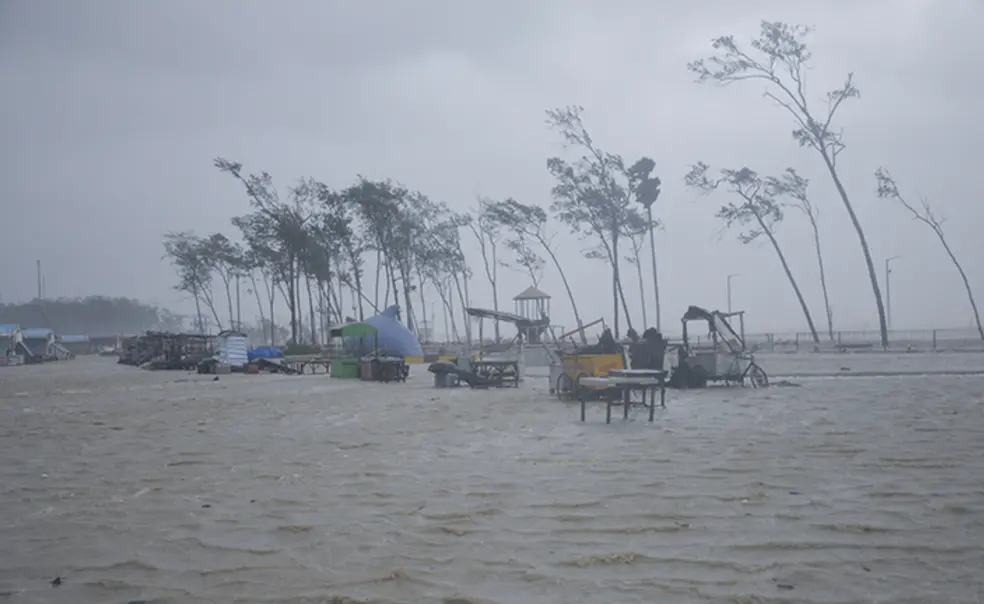Class Close-Up: Bringing Justice to South Asia’s Coastline
Students in the new course are examining the equitable distribution of coastal resources
Talking about “coastal justice” can be difficult. There’s not even an agreed-upon definition for the term that touches on aspects of urban studies, environmentalism, and anthropology, to name just a few of the disciplines involved.
Chandana Anusha, a Mellon/Princeton Institute for International & Regional Studies Fellow, created a new interdisciplinary course, “Coastal Justice: Ecologies, Societies, and Infrastructures in South Asia,” to start a dialogue around the idea of “coastal justice” — which she loosely defines as the equitable distribution of coastal resources.
In the class, which is being taught for the first time this spring, students are researching South Asian coastlines, forming their own definitions of “coastal justice,” and brainstorming regenerative solutions. For example, when a gigantic new port is built, what could and should happen to the local fishermen, the wildlife, and the neighboring cities?
Anusha’s goal is for the six enrolled students to “think about humanistic dimensions of coastal ecologies,” such as the right to a livelihood and the right to live in a healthy environment.
Each week, students write responses to assigned readings and recorded talks that touch on everything from climate change to British colonization to the construction of the Panama Canal. When the class meets every Tuesday afternoon at the Frist Campus Center, one student takes on the role of the discussant, charged with leading the discussion about that week’s reading, while another student assumes the role of respondent, challenging or underscoring the discussant’s points and posing additional questions. For the final paper and accompanying presentation, students can write about any coastal case study that interests them.
The class grew out of Anusha’s own interests in South Asia, where she was born and raised, as well as her previous role as an environmental anthropologist. For her doctoral degree in social culture and anthropology, she studied Indian port development and the resulting ecological transformations.
“I followed fish workers, farmers, livestock traders, as they negotiated and adapted to the changes that are produced by massive infrastructure products on the coastline of India,” she said.
Though the class is ostensibly focused on coastlines, Anusha is quick to note that coasts are just one part of an interconnected ecology and way of life: “I think the one big takeaway would be to think about the coast not simply as an ecological entity, but something that’s really steeped in people’s moral cultures and impassioned issues.”












No responses yet